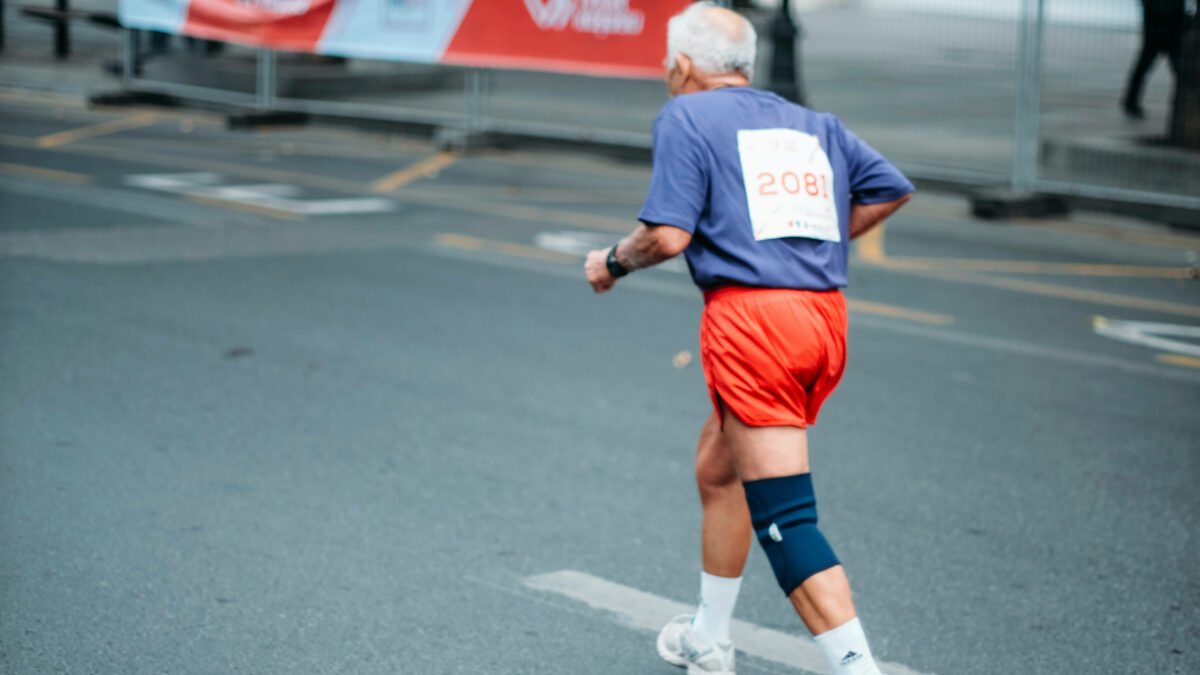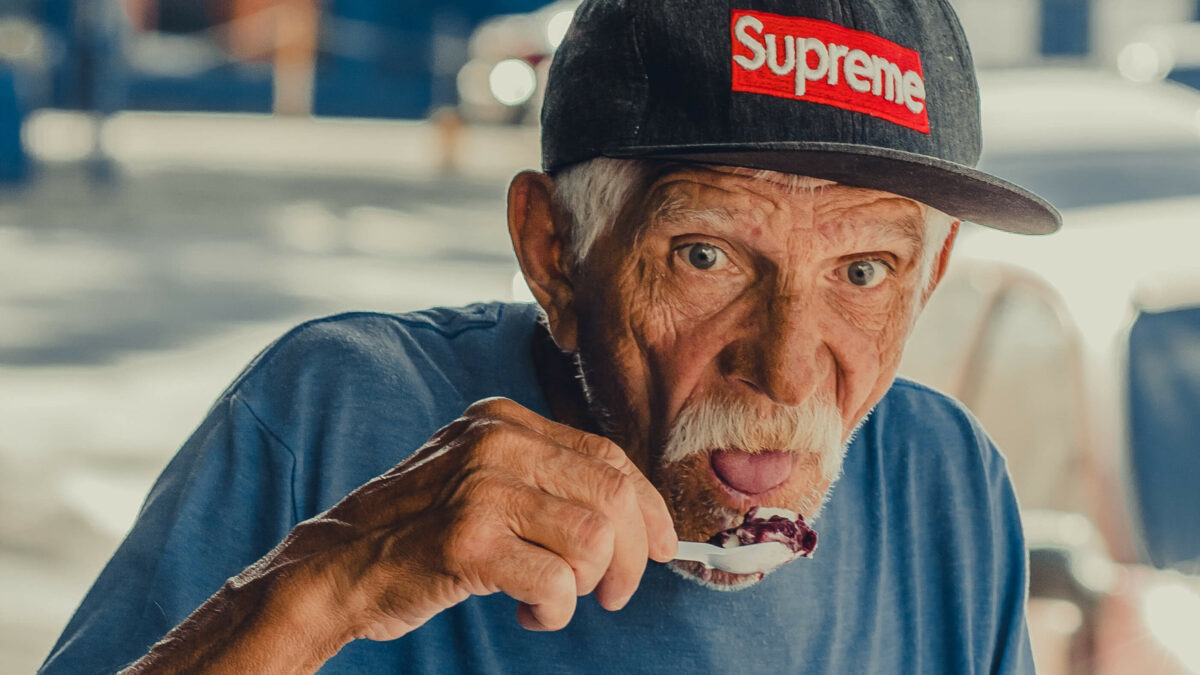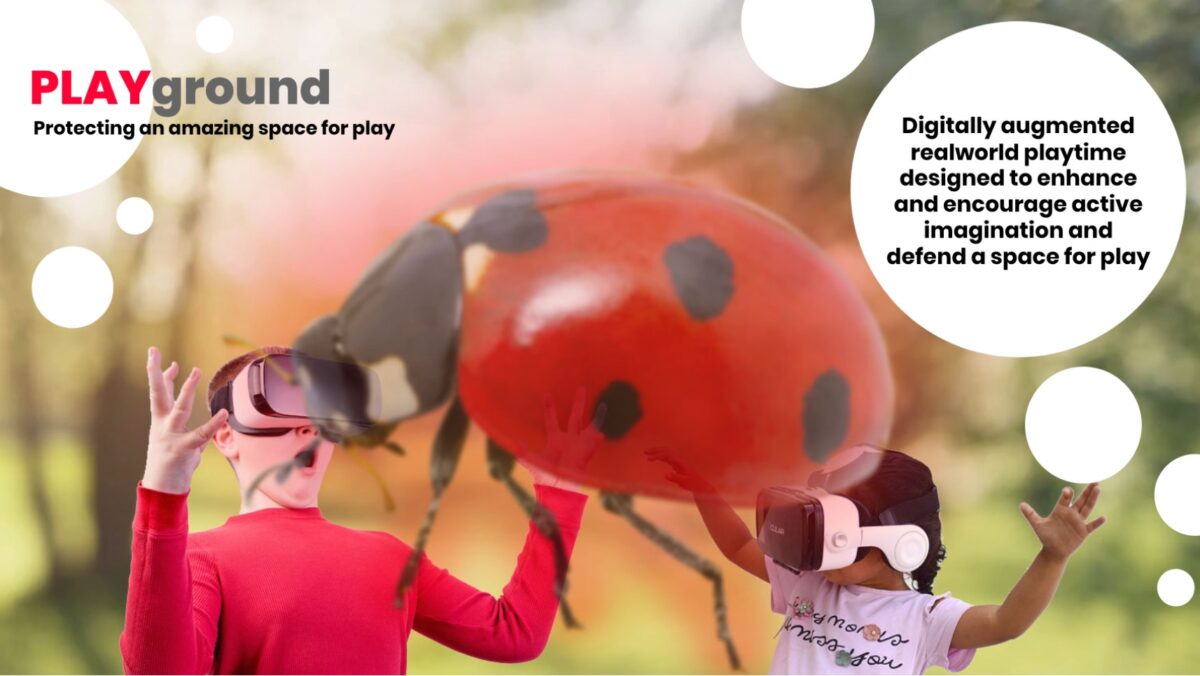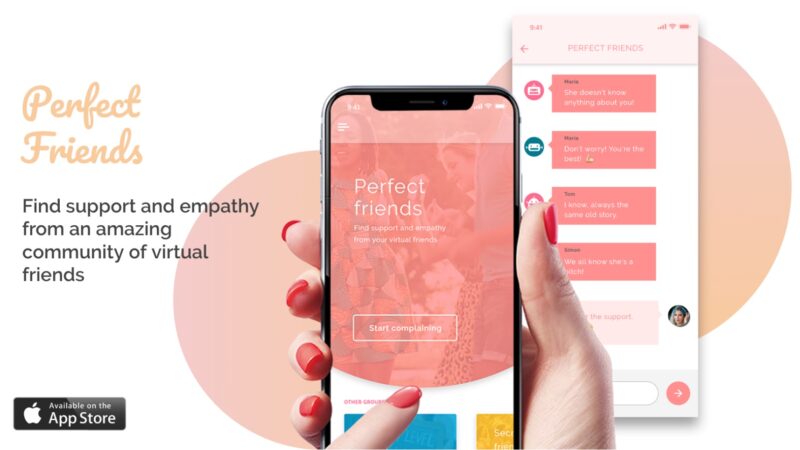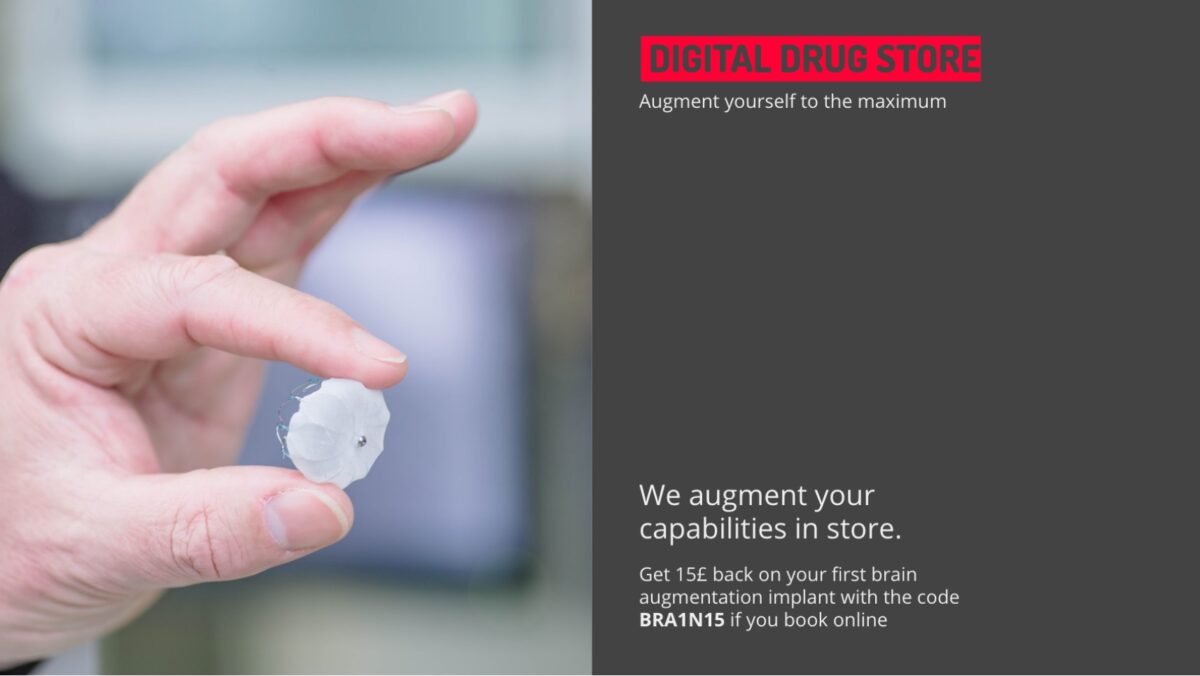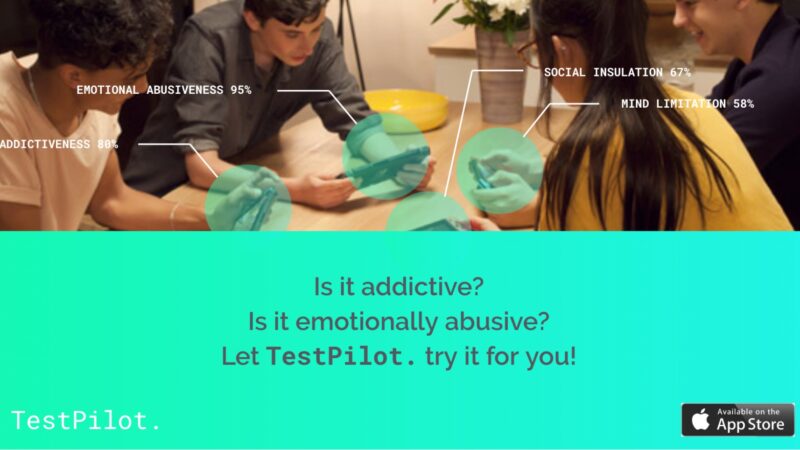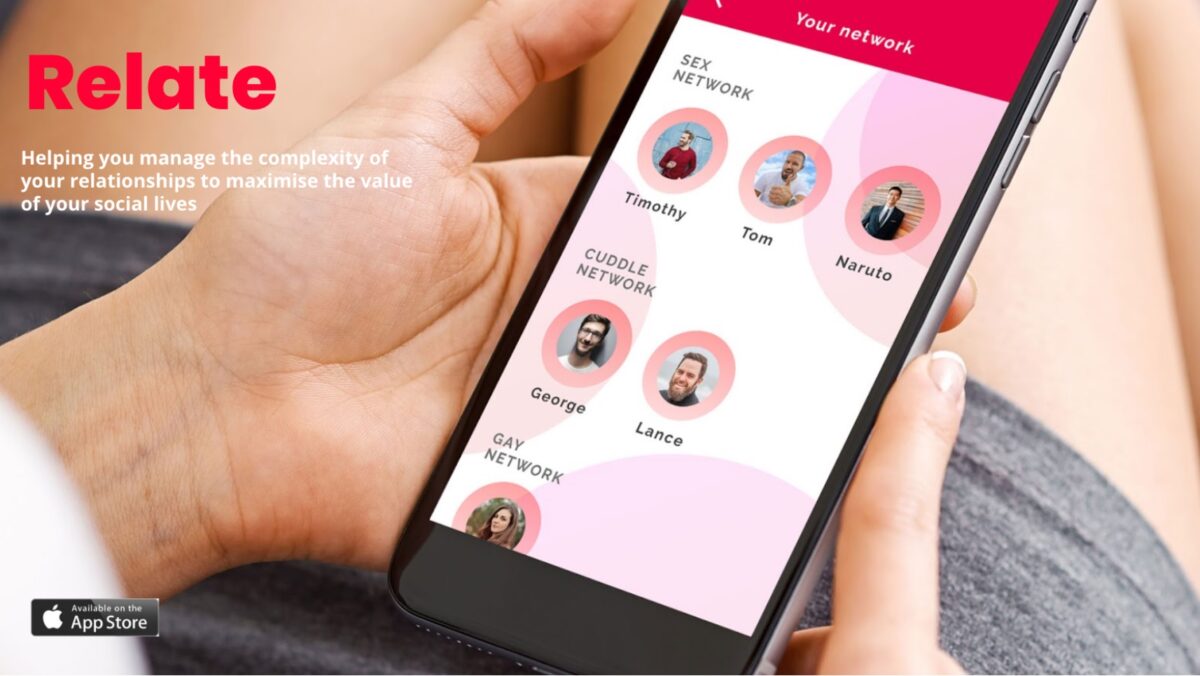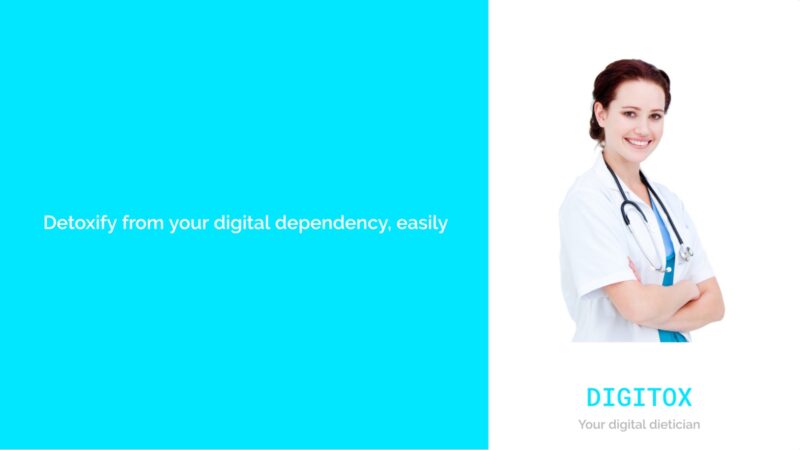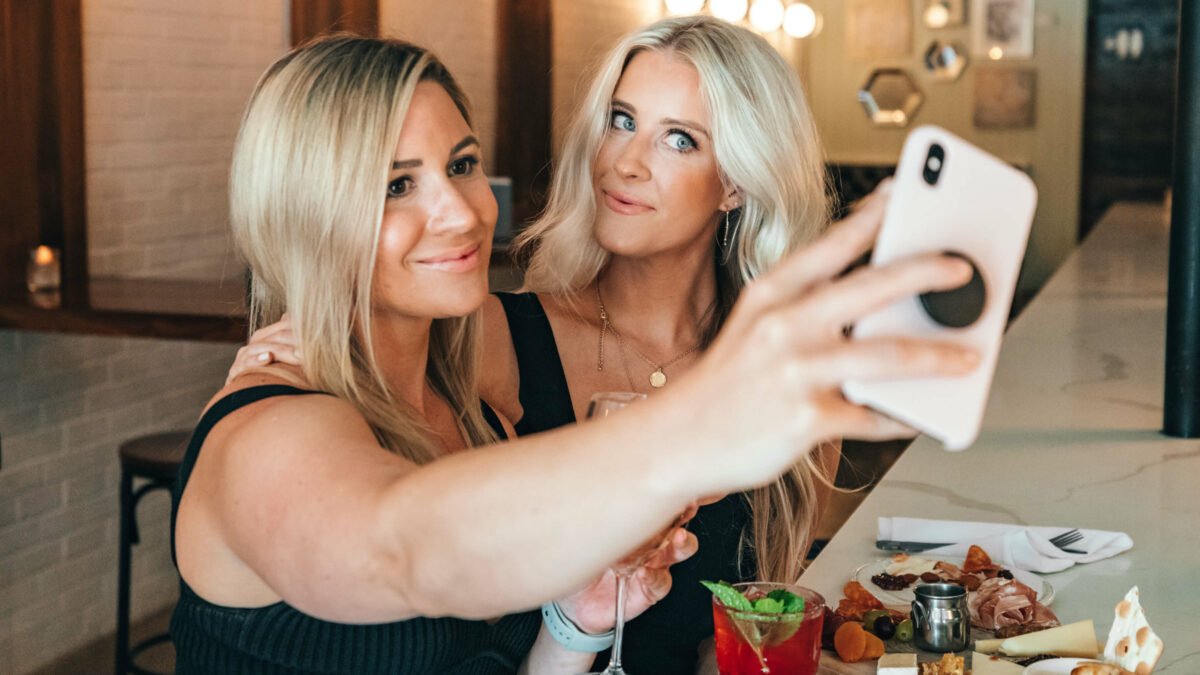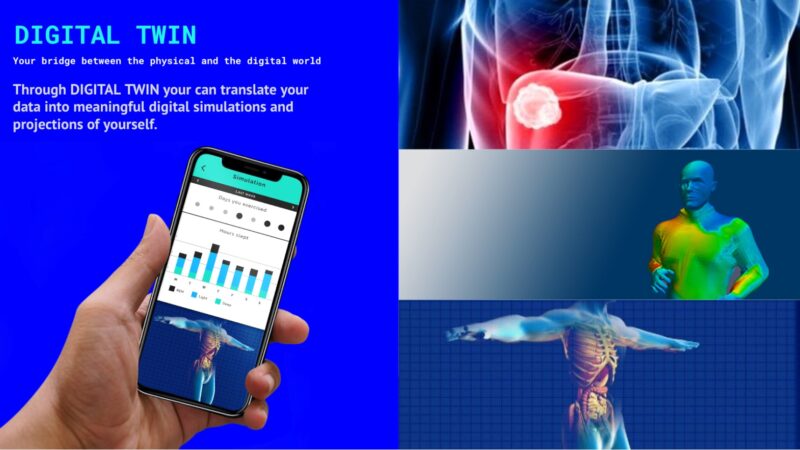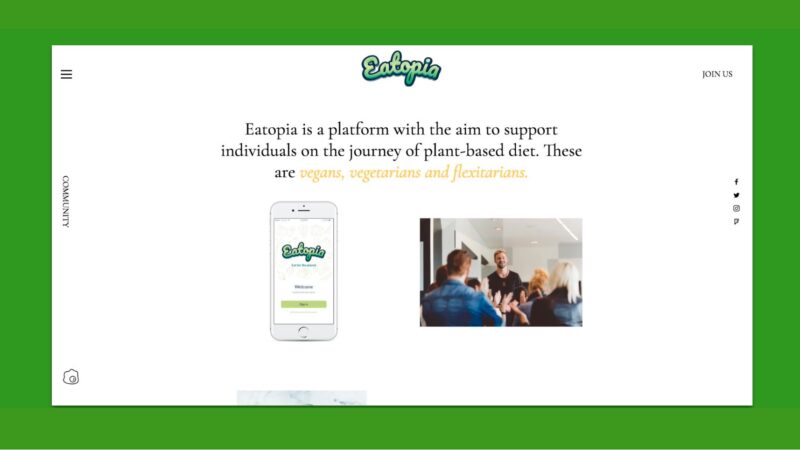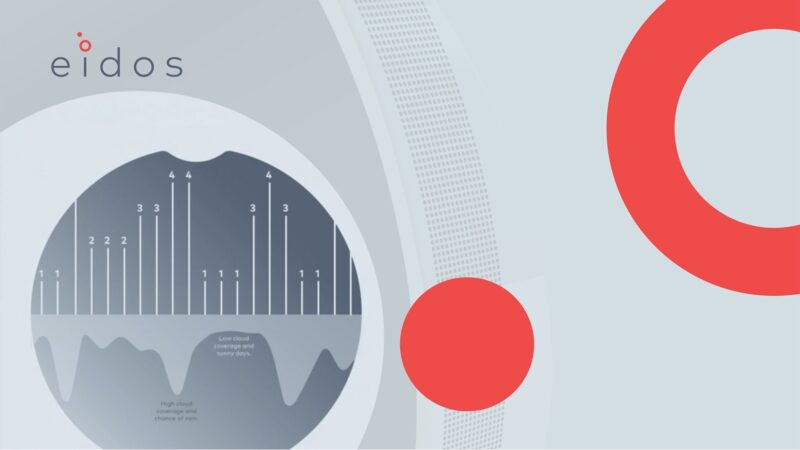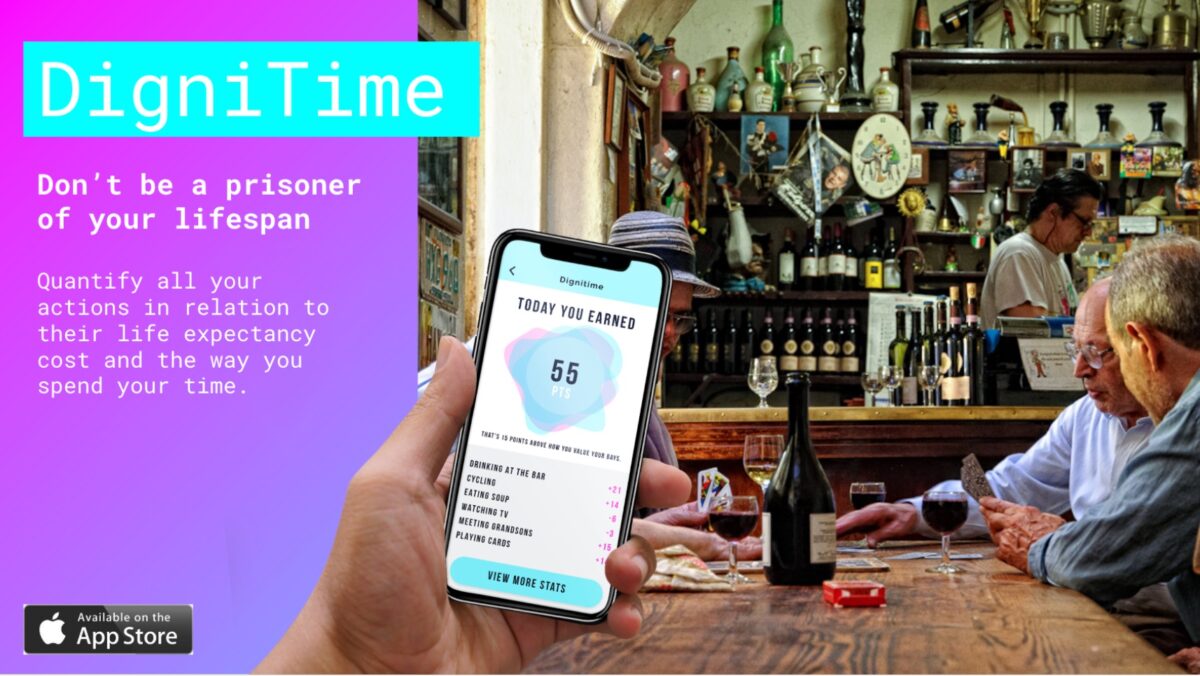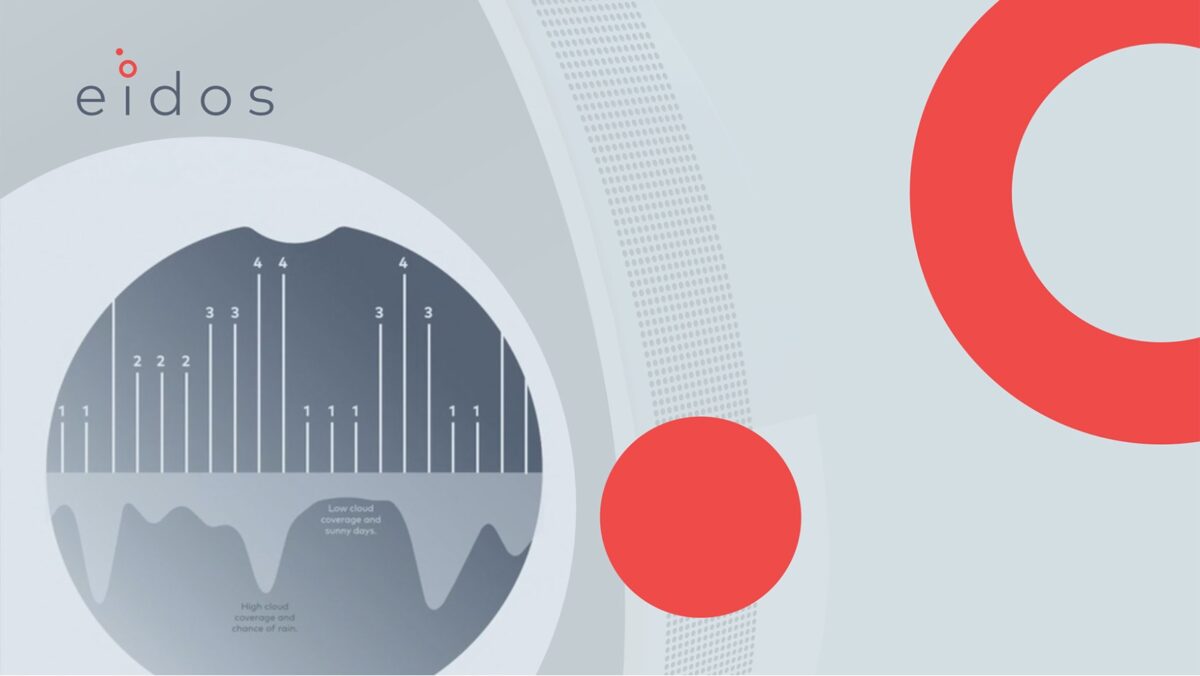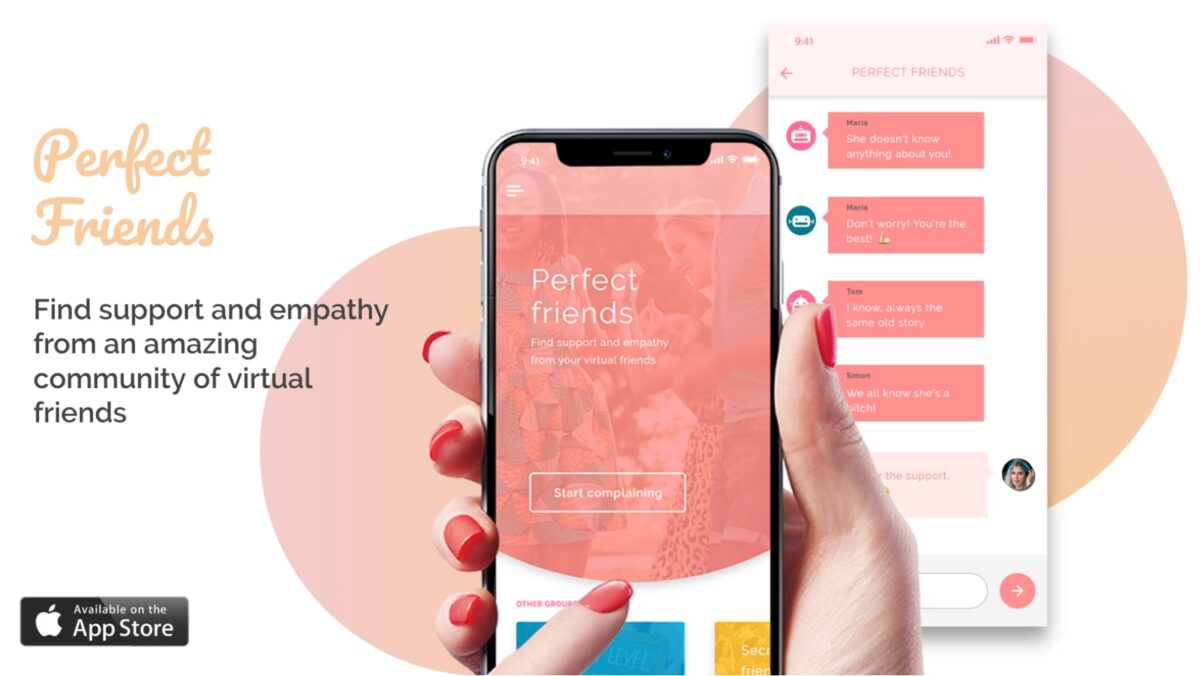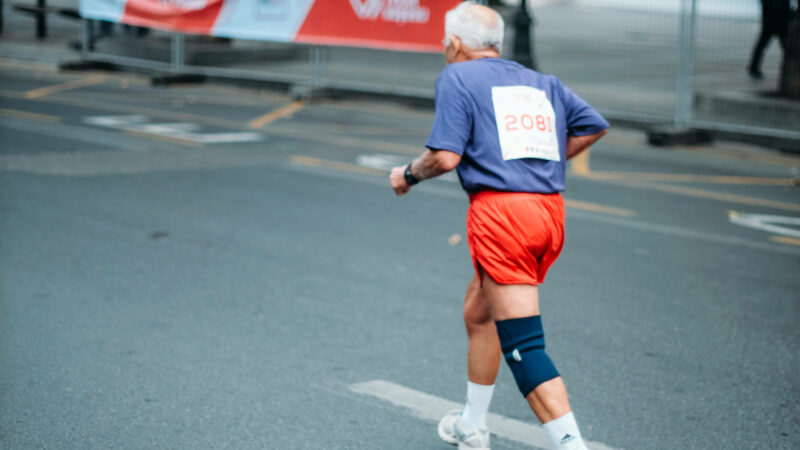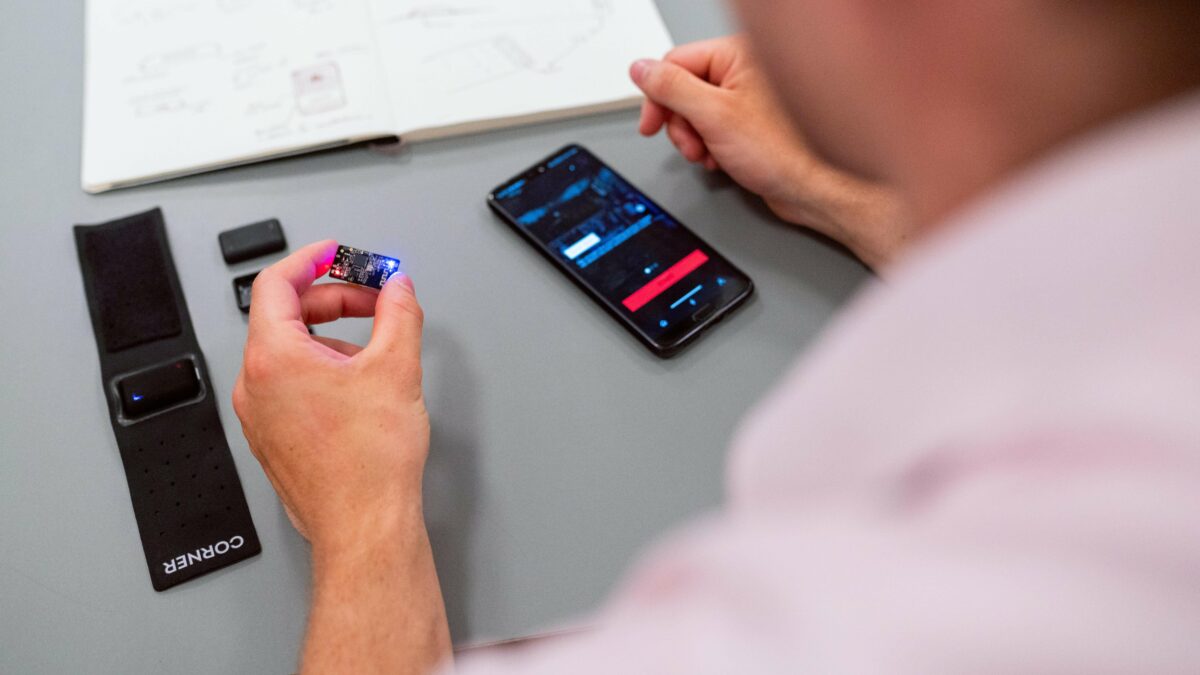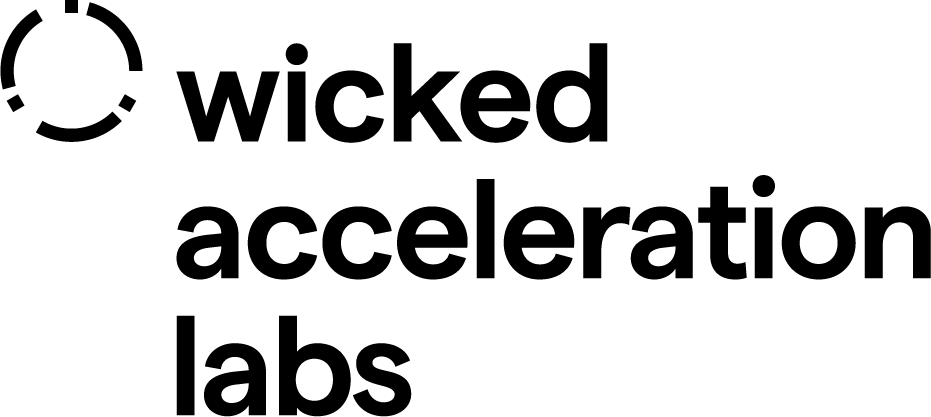How the scenario could unfold
In this scenario, we portray the proliferation of life-extending services. People may live for longer due to general improvements in medical science and through the success of specific scientific methods for the extension of life. Asthese services could likely be unevenly distributed, we will find some people in a state of perpetual life extension. We illustrate circumstances where although people will not live forever, people may find themselves in the unusual situation of having extended life plans rather than decreasing.
We also consider the blending of healthcare with wellbeing and an increasing association with human behaviour and lifestyle choices. The consequent targeting of behaviour change for prevention may allow non-traditional health providers to dominate the market and shift the power to the private sector with the use of advanced monitoring technologies to quantify all aspects of life and nudge people in the right direction.
The context that may emerge is an environment with a heightened focus on what people value about life —Quality or Quantity?
We explore the significance of this context from the perspective of a future character who we created based on our research with real people.
